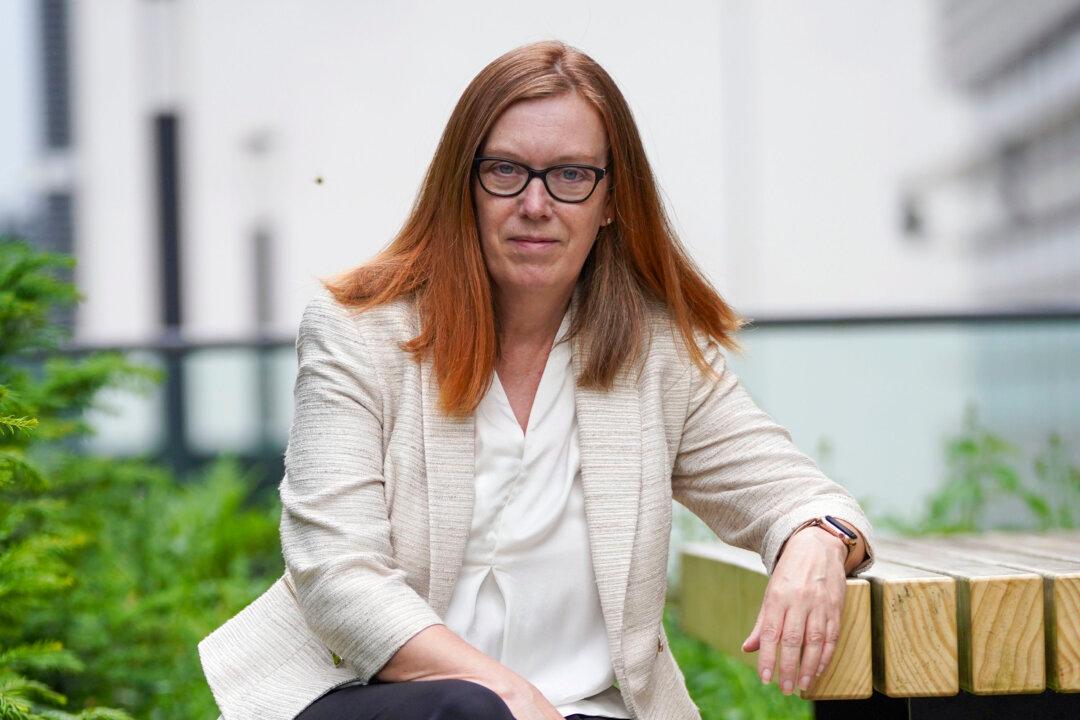The COVID-19 pandemic is far from over and the next one could be worse, according to one of the scientists behind the Oxford-AstraZeneca COVID-19 vaccine.
“This will not be the last time a virus threatens our lives and our livelihoods,” said Professor Dame Sarah Gilbert in excerpts released before a speech on Monday. “The truth is the next one could be worse. It could be more contagious, or more lethal, or both.”





